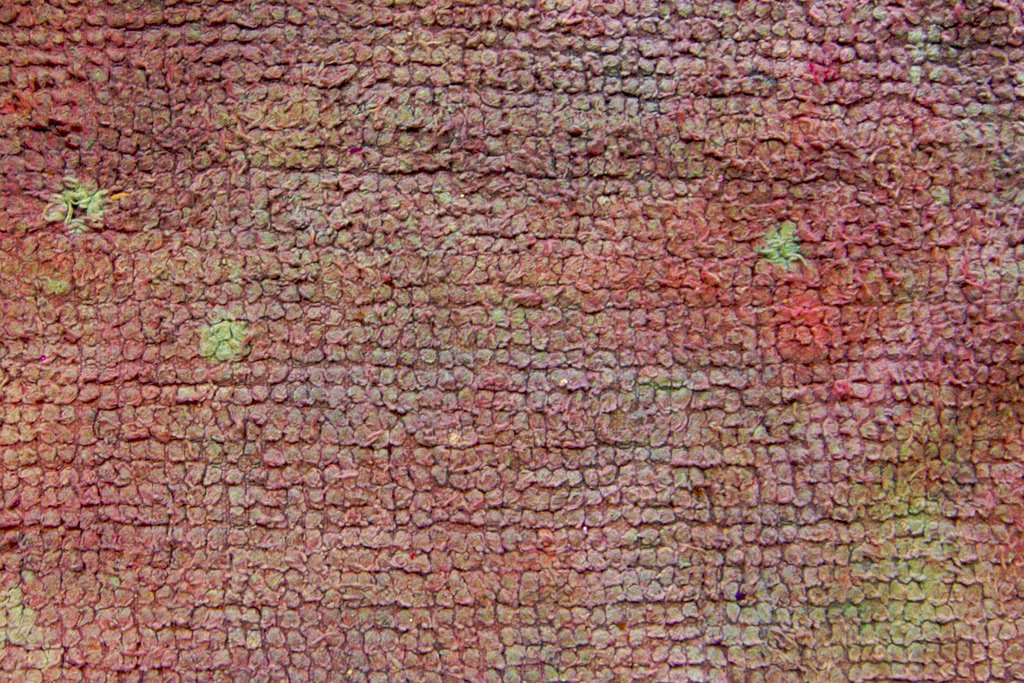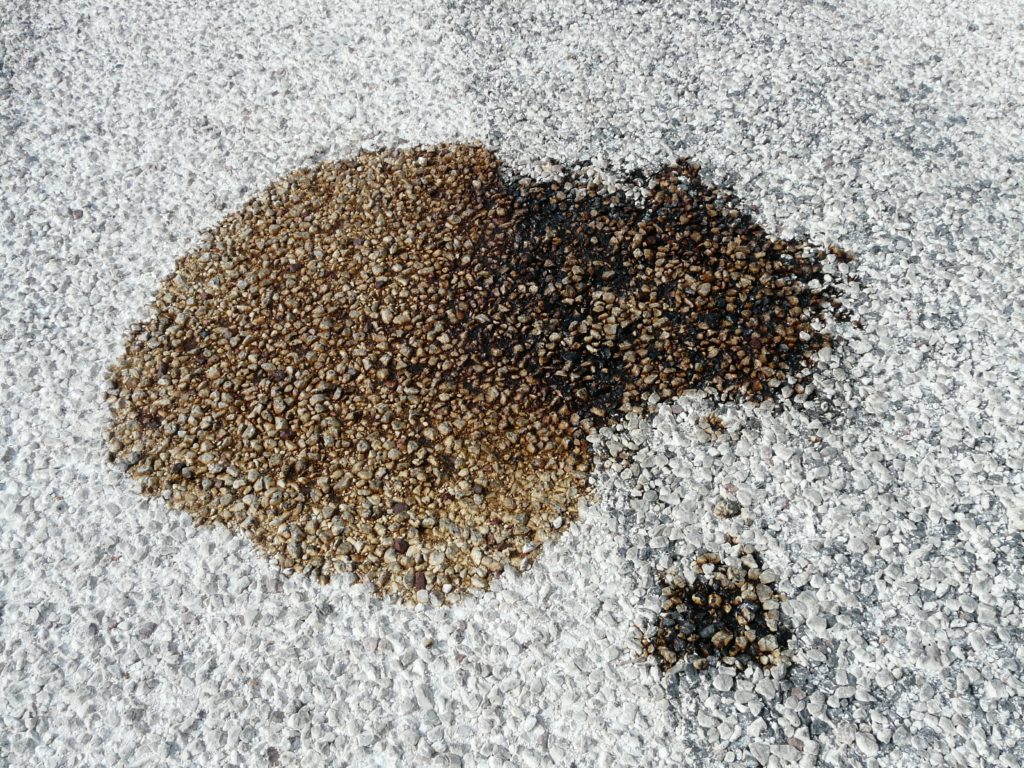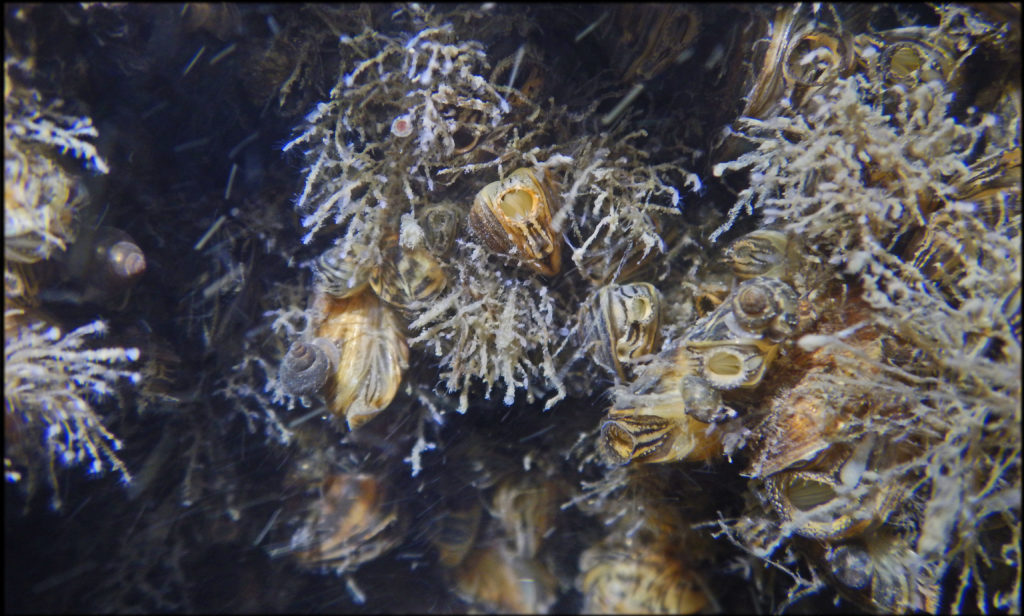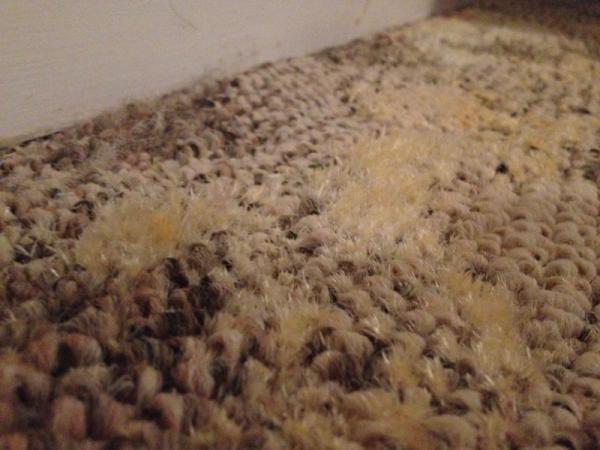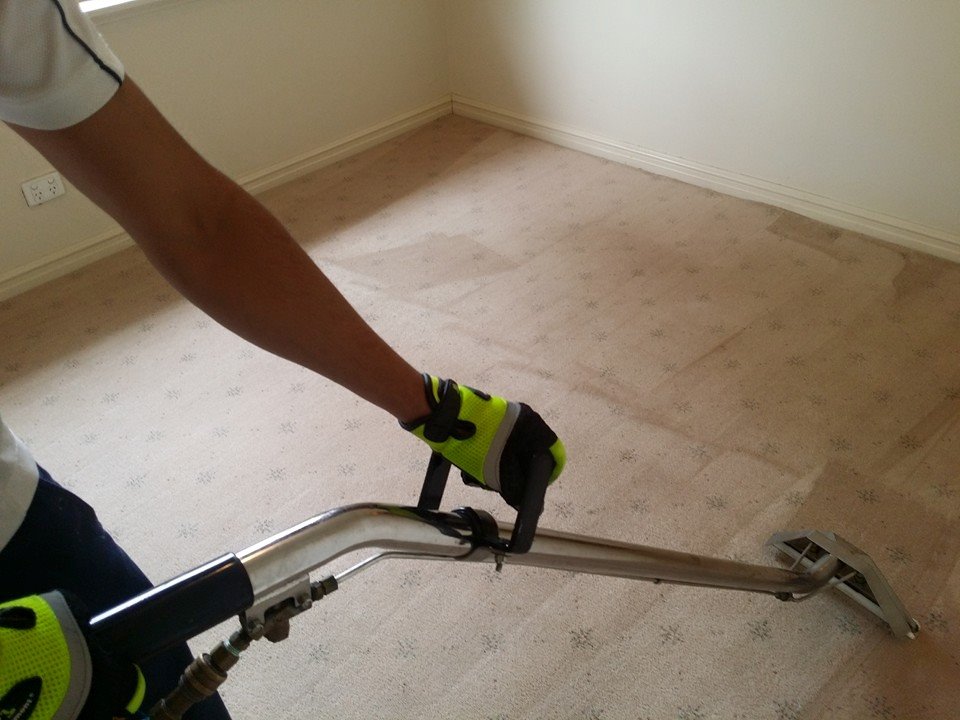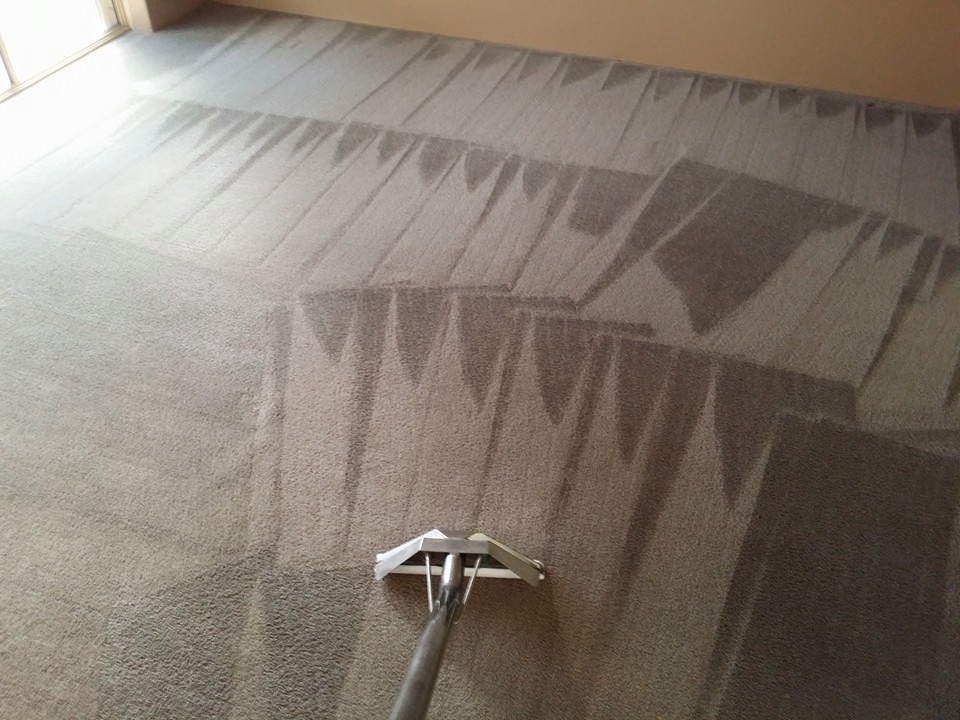Contents
Carpets are a fantastic way of insulating your home and can create a sense of warmth that no hard floor surface can hope to compete with. However, you might be surprised to learn that carpets are breeding grounds for all sorts of dirt, pathogens and other contaminants.
Left to go unchecked, these pollutants can severely damage the fibres of your carpet and may pose a serious health risk to those living in your home.
As one of the leading providers of professional carpet cleaning services in Perth, we know first hand the dangers associated with dirty carpets.
Read on to get more insight into how your carpet could be affecting the health of your family, and what you can as a homeowner do to ensure your living environment is clean, safe and free of potentially harmful bacteria.
The Key Causes of Carpet Contamination
Depending on the design of your home, there’s a good chance that carpet covers the majority of your floor’s surface area. This means that your carpet is constantly exposed to all sorts of environmental contaminants that could harm your family.
For example, many people in Australia frequently walk on their carpets while wearing their regular outdoor shoes.
This can introduce all sorts of external dirt and bacteria into your home which, over time, may be pushed down into the fibres of your carpet. While professional carpet cleaning in Fremantle may be able to undo the damage, this type of deep contamination can be incredibly difficult – if not impossible – to remove with a conventional vacuum cleaner.
Of course, it’s not only outdoor dirt and mud that poses a risk. It’s not uncommon to spill food or beverages onto your carpet – particularly if you have young ones in the house – which may sully your carpets and create an environment in which bacteria can thrive.
In addition, pets are notorious for compromising the safety and appearance of your carpet. From urine stains to scratched up carpet and everything in between, there’s no denying that our four legged friends can put a lot of stress on the condition of your carpet.
What are the Health Risks Associated with Dirty Carpet?
It’s a little known fact that carpets can hold up to four times their weight in dirt, dust and other contaminants – all of which can be detrimental to the health of your family. By investing in professional carpet cleaning in Canning Vale, you may be able to avoid some of the following health concerns:
- Build up of Bacteria
As noted, perhaps the most significant health risk associated with dirty carpet is bacteria. Your carpet essentially catches everything that is pressed against it, which means residue from that puddle you stepped in and traces of dirt on your puppy’s paws can all find their way into the fibres of your carpet.
In many cases, this bacteria will be relatively benign, but in some situations they could lead to serious health problems – particularly if you have young children who are crawling about on the carpet.
Many types of bacteria are able to survive in your carpet for weeks on end, including, norovirus, the leading cause of acute gastroenteritis, and campylobacter, a waterborne gastro illness.
- Allergens May Trigger Allergic Reactions
Looking beyond the build up of bacteria, one of the biggest health concerns linked to carpet is that it can hold a substantial amount of dust, pollen and other allergens that may not even be visible to the naked eye.
This is particularly concerning given that 20-30 percent of Australians suffer from asthma and allergic rhinitis, according to a study published in The Medical Journal of Australia.
When you step on your carpet, you’re effectively releasing allergens into the air, where they may trigger allergic reactions and contribute to other respiratory problems for those living in your home.
- Mould Can Accumulate
It’s no secret that mould can be incredibly harmful to your health, but what you may not know is that your carpet is a very common host.
Mould can grow in just about any indoor space where moisture is allowed to accumulate and can affect your walls, ceilings, bathroom tiles and carpets, particularly those with jute backing.
Mould reproduces by releasing tiny spores into the air. If inhaled by someone with an allergy or a person who is especially sensitive to allergens, these spores can trigger reactions ranging from a simple blocked nose or rash, all the way through to a mould infection of the lungs.
- Dust Mites
Dust mites are microscopic critters that are less than half a millimetre in length. They feed on dead skin cells, which tend to get trapped in mattresses, upholstered furniture, bed linen and carpets.
Dust mites are associated with a variety of respiratory and dermatological conditions, including asthma and eczema, among others. Unlike other types of bugs you may find in your home, dust mites don’t actually bite – instead, their bodies and faeces contain certain compounds that many people are allergic to.
Symptoms of a dust mite allergy may include coughing, skin rashes, itchy eyes and more.
How Professional Carpet Cleaning in Perth Can Help
While regular vacuuming can help remove some of the contaminants from your home, the fact of the matter is that consumer grade vacuums simply aren’t designed to give you the type of cleaning that is needed to remove pollutants from deep within your carpet fibres.
That’s where we come in. As one of the leading providers of carpet cleaning in Fremantle, we use a combination of state of the art equipment, purpose designed cleaning products and carefully refined techniques to ensure your carpets are cleansed to the highest level possible.
Periodically investing in carpet cleaning in Canning Vale is a critical part of removing harmful contaminants from your home and can go a long way toward keeping your family healthy, happy and safe. Give us a call today on 1300 611 454 or 0423 821 974 for more information or to make a booking.

